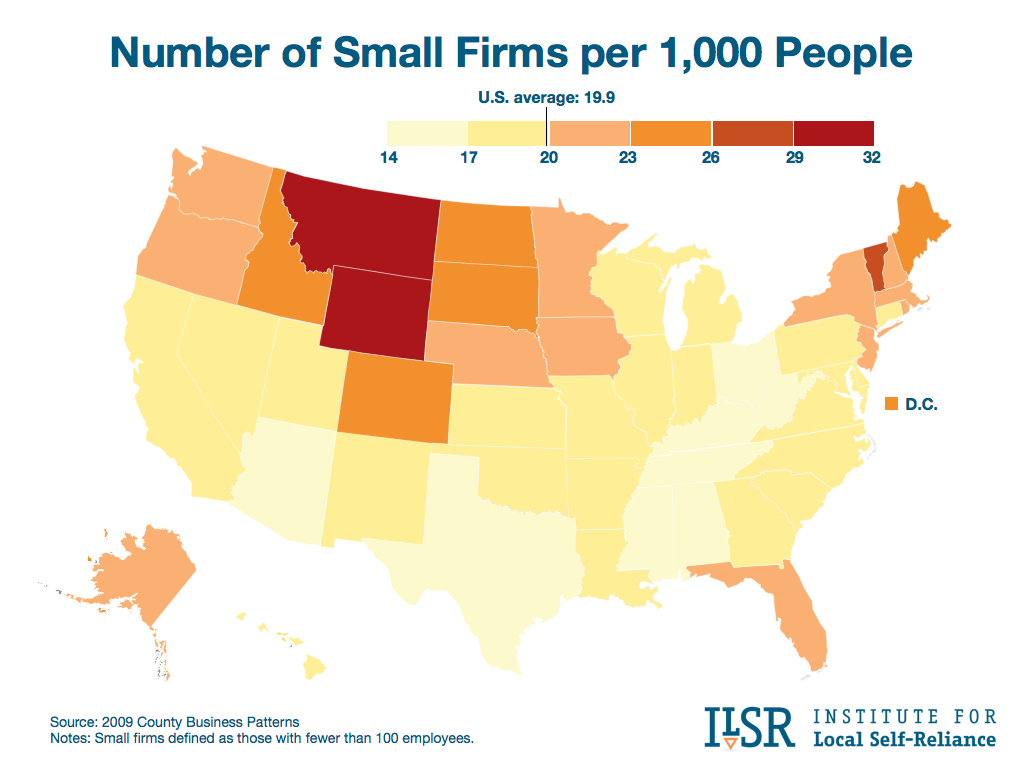This article originally appeared on Grist.
Walmart spent much of last week burnishing its green image and touting its progress “toward becoming a more sustainable, responsible company.” All the while, those at the very top of the company, including CEO Mike Duke, knew that The New York Times was about to publish an explosive story that would lay to waste the notion that Walmart cares about anything other than its own growth.
The Times story presents credible evidence that Walmart’s Mexican subsidiary spent millions of dollars bribing local officials in order to speed up permits for new stores, get “zoning maps changed,” and make “environmental objections vanish.” When top executives, including Duke, learned of the bribes in 2005, they declined to notify U.S. and Mexican law enforcement, shut down Walmart’s own internal investigation, and continued to lavish promotions on the alleged ringleader, Eduardo Castro-Wright, who currently serves as Walmart’s vice chair.
In the days since the Times story broke, attention has turned to the potential punishment Walmart might face. A criminal investigation is underway at the U.S. Department of Justice, which, under the Foreign Corrupt Practices Act, could pursue prosecutions that might lead to substantial fines and even jail time for Duke and others implicated. The Mexican government, meanwhile, has initiated its own inquiry.
If justice is to be served in this case, though, Walmart must not only face fines and prison terms, but also be forced to sell off a sizeable number of its ill-gotten Mexican stores. By bribing officials, Walmart was able to crush its competitors, opening new stores so fast they had no time to react. In just a few years, Walmart came out of nowhere to dominate the Mexican economy.
But, as any athlete or other competitor knows, if you’re caught cheating your way to a win, then you most certainly do not get to keep the prize.
Walmart’s expansion into Mexico began in earnest in 1997 when it bought a controlling stake in one of the country’s largest retail chains. Walmart then began to build new stores with stunning speed. By the time the bribery allegations reached executives at the company’s Arkansas headquarters in the fall of 2005, Walmart had more than 750 stores in Mexico and was opening new ones at the rate of almost two per week.
As Walmart grew, Mexico’s traditional vendors, open-air markets, and independent businesses declined. Competing supermarket chains were left in the dust too, unable to match Walmart’s speed and financial muscle.
Although Walmart’s expansion plans often encountered strong grassroots opposition, as its stores frequently do in the U.S., the company consistently outmaneuvered local residents, in part, we now know, by using bribes to skirt land-use rules and quickly win approvals.
Even the massive public outcry that arose in 2004, when Walmart unveiled plans to build a store near the base of the Pyramid of the Sun in Teotihuacan, failed to stop the giant. The store is now visible from the top of the pyramid.
In its no-holds-barred quest to dominate the Mexican landscape and economy, Walmart may have also violated Mexico’s antitrust laws. In 2002, the Federal Competition Commission opened an investigation into Walmart for using its market power to threaten farmers and other suppliers and pressure them into providing deep discounts that were not available to competing retailers, even at the same volume.
A year later, government officials said they found evidence that Walmart was violating competition laws, but not enough to pursue legal action. They closed the investigation on the condition that Walmart abide by a “code of conduct” in its dealings with suppliers.
Throughout all of this, Walmart portrayed its Mexican operations to both stockholders and employees as the crowning jewel of its international division. In its 2006 Annual Report, released shortly after top executives decided to look the other way on the bribery charges, according to the timeline in the Times story, Walmart crowed about its success south of the border: “Wal-Mart de Mexico had a great year as operating income grew faster than its sales increase of 13.7% (inflation adjusted).”
For employees in foreign subsidiaries that were struggling to meet their expansion targets, the message was clear: Be more like Walmart de Mexico.
As all of this was occurring, Walmart was also launching its sustainability campaign, a broad effort to remake the company’s image in order to keep its growth machine going, both here and abroad.
And grow it has. By 2009, Walmart was opening stores at the rate of more than three per week in Mexico. The pace accelerated to more than five stores per week in 2010. Last year, Walmart opened a staggering 358 stores in Mexico — compared to only 59 stores opened by the next five largest retail chains in the country.
Walmart now has more than 2,000 stores in Mexico, a country with one-third the population and less than one-tenth the retail sales of the United States. Walmart is Mexico’s largest private employer and largest retailer by a wide margin, capturing an estimated 62 percent of sales made at publicly traded supermarket chains, according to HSBC.
The only just resolution to all of this — the only punishment that would actually sting Walmart and provide real benefit to the public whose laws were broken — would be to force Walmart to divest a sizable share of its Mexican stores. These outlets could be sold, under supervision by competition authorities, to a range of competitors, including independent entrepreneurs as well as other chains. This would begin to restore a more competitive retail economy, one not dominated by a single cheating giant.
It’s a super long shot, I know, especially given the tepid response from the Mexican government so far. But citizens and activists groups on both sides of the border should be calling for something more than Mike Duke’s resignation. Walmart’s penalty should fit the scale of its crime and offer a measure of restitution for the communities and local economies harmed.





